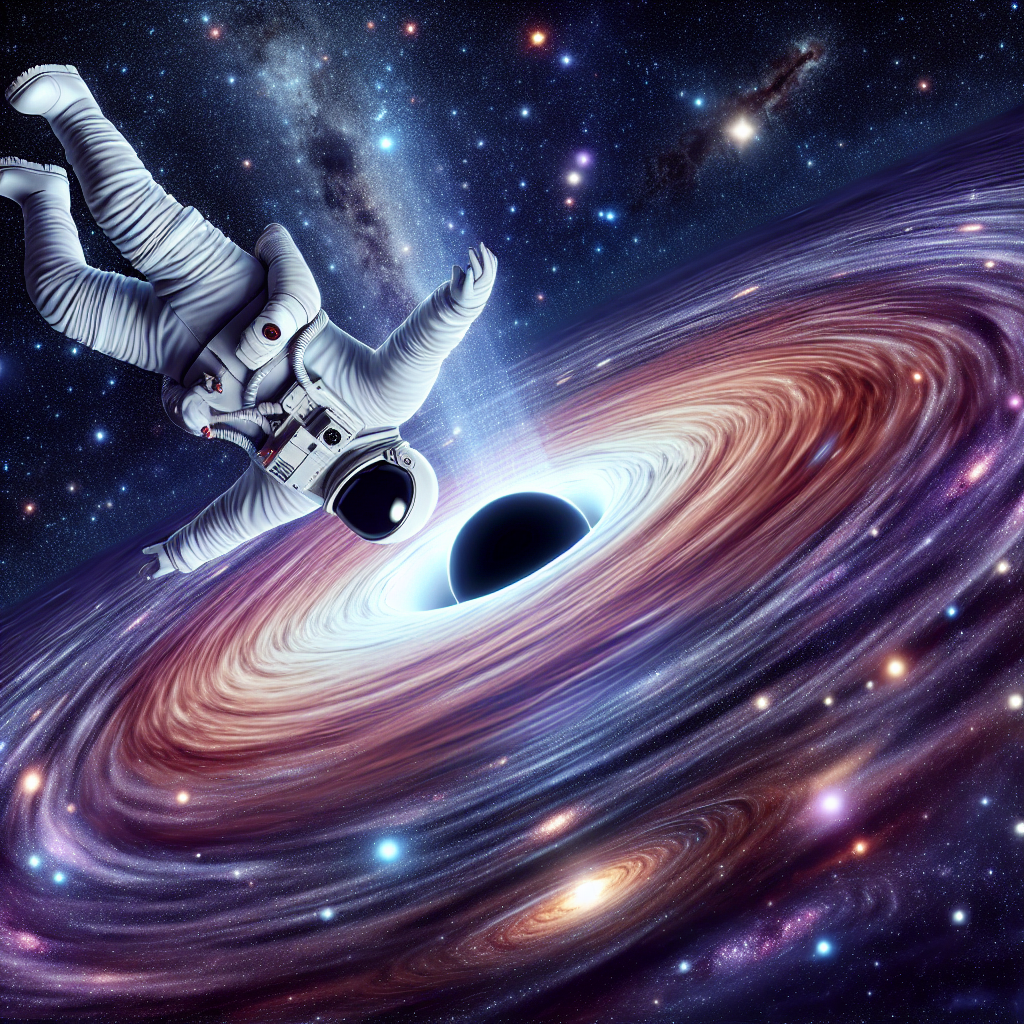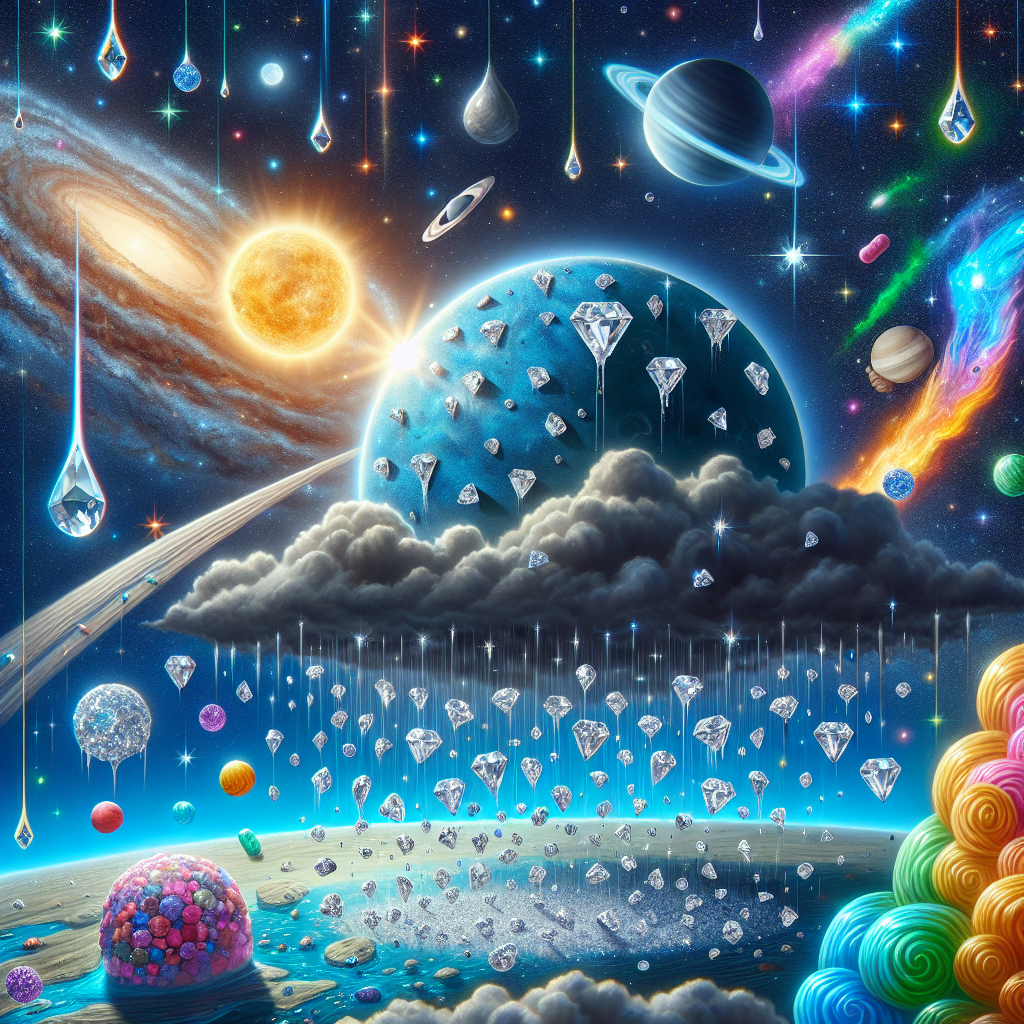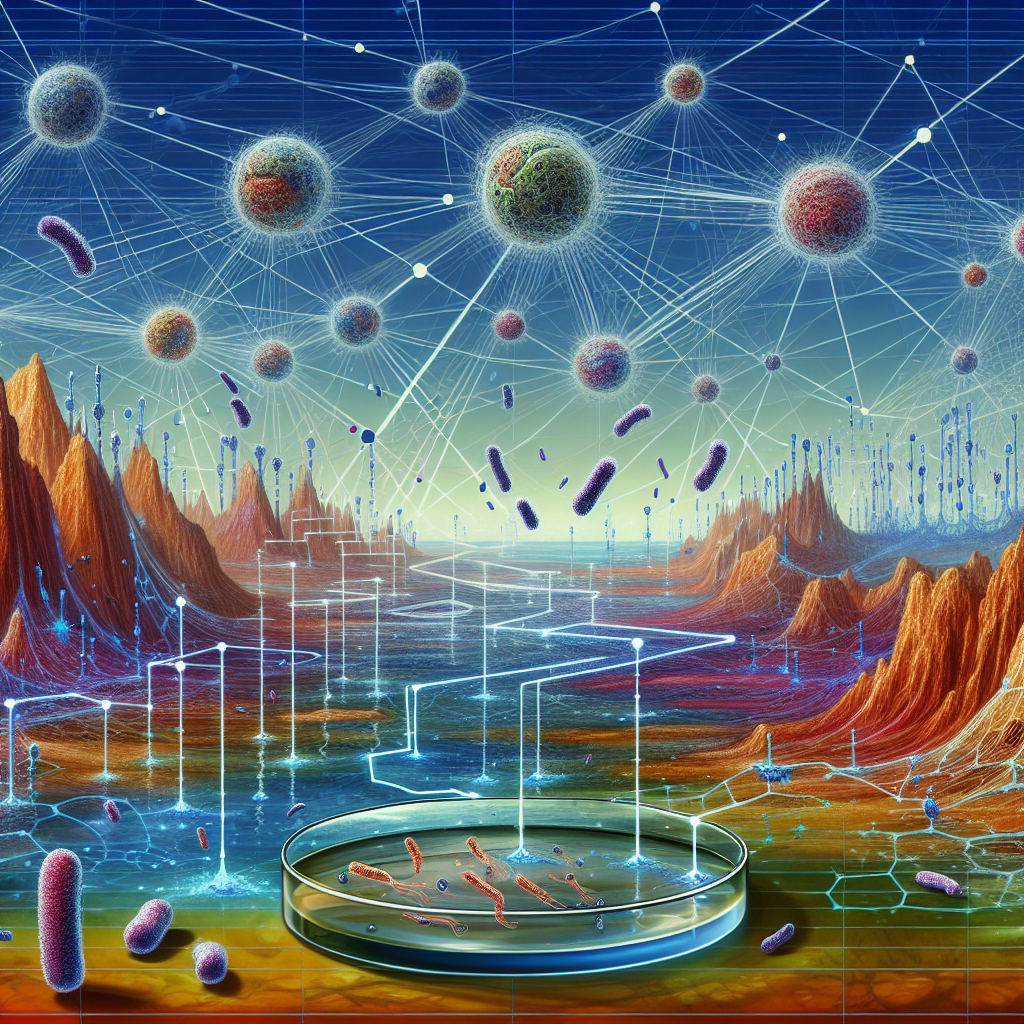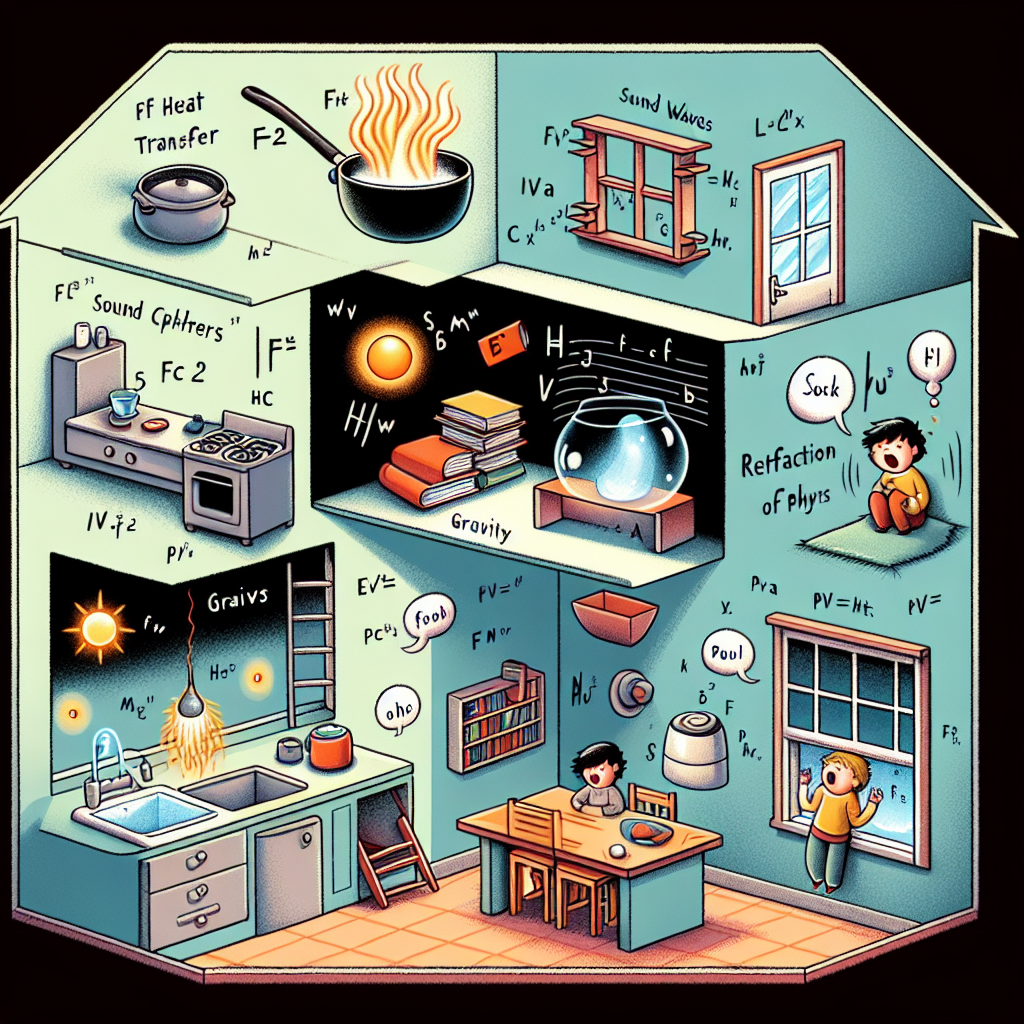Falling into a black hole is one of those cosmic “what ifs” that captures both our imagination and our deepest fears. It’s the ultimate no-return journey, where the known laws of physics begin to twist into something strange and beautiful. But what would actually happen if you fell into one? Would you be crushed instantly, or would you drift forever into darkness? The answer is both fascinating and more complicated than it seems.
First, imagine a black hole not as a “hole” in the traditional sense, but as a region of spacetime so warped by gravity that nothing—not even light—can escape its pull. At the heart of it lies the singularity, a point of infinite density where all known physical laws break down. Surrounding it is the event horizon, the invisible boundary that marks the point of no return. Once you cross that line, there’s no going back, no matter how fast you move or how powerful your rocket is.
From a distance, falling into a black hole looks deceptively peaceful. If someone were watching you from afar, they’d see you slow down as you approached the event horizon, your movements stretching and fading as light from your body redshifts into oblivion. To them, it would seem as if you never actually fell in—you’d just freeze there, forever suspended in time. This eerie illusion happens because of how gravity distorts light and time itself near such massive objects.
But from your own point of view, things would be very different. Time wouldn’t seem to slow at all. You’d continue to fall, feeling the pull of gravity grow stronger and stronger. Depending on the size of the black hole, your experience could vary dramatically.
If the black hole were small, say a few times the mass of our Sun, you wouldn’t make it far before encountering what scientists call spaghettification. Gravity would stretch your body vertically and compress it horizontally—essentially turning you into a long, thin strand of atoms as you fell. The difference in gravitational pull between your head and your feet would become unimaginably extreme, tearing you apart long before reaching the center.
However, if you were falling into a supermassive black hole, like the ones at the centers of galaxies, your experience might be surprisingly gentle—at least at first. Because these giants have much larger radii, the gravitational gradient across your body would be smaller. You could, theoretically, cross the event horizon without immediately being shredded. You might not even notice the exact moment you passed the boundary. Only deeper inside would things start to go catastrophically wrong.
Inside, the concept of “time” and “space” lose their usual meaning. The closer you get to the singularity, the more the rules of physics unravel. According to general relativity, all paths lead inward; there is no direction that allows escape. But quantum physics suggests something else might be happening—perhaps information isn’t lost forever, or maybe the singularity is replaced by something we don’t yet understand, like a “quantum core” or even a bridge to another universe.
In fact, one of the biggest unresolved debates in modern physics—known as the information paradox—centers on what happens to the data encoded in the matter that falls in. Does it vanish, violating the fundamental laws of quantum mechanics, or is it somehow preserved, maybe in the form of subtle radiation escaping the black hole’s edge (what Stephen Hawking called Hawking radiation)?
So, what really happens if you fall into a black hole? The honest answer is: we don’t fully know. Physics as we understand it can describe your fall up to a point, but beyond the singularity, our theories simply fail. It’s a place where the universe keeps its deepest secrets—where time may stop, space may fold, and matter itself might cease to exist in any familiar form.
In the end, falling into a black hole is less about destruction and more about mystery. It’s a journey to the limits of human understanding, where science, philosophy, and imagination collide. And perhaps that’s what makes black holes so hauntingly beautiful: they are the universe’s ultimate “unknown,” silently reminding us how much we still have to learn.




